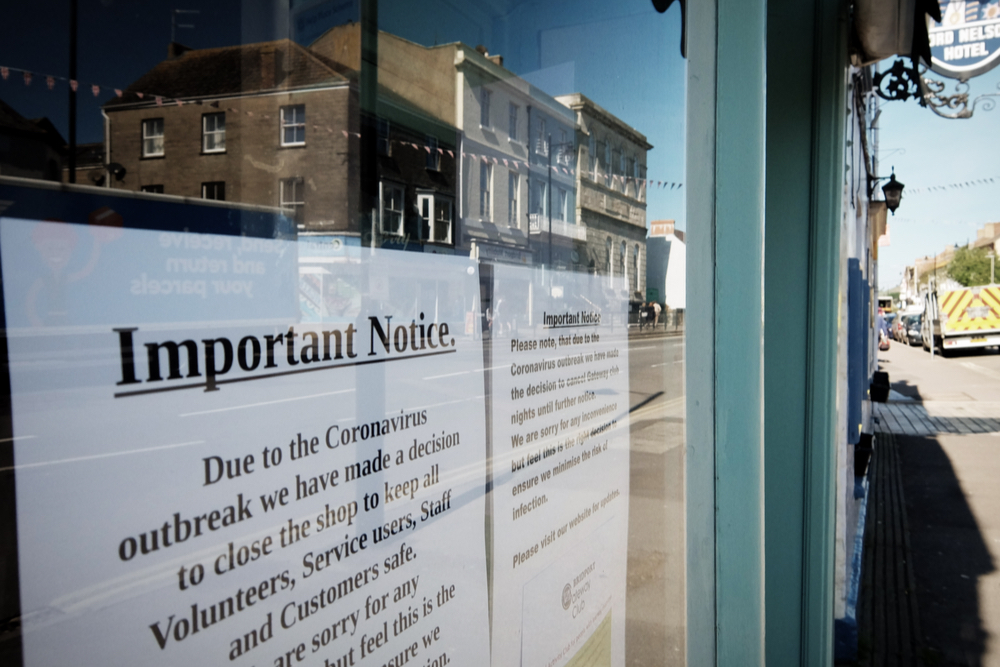
Covid-19 impact: 19% of charities consider office downsize, 17% consider office closures
One in five charities (19%) are weighing up moving to a smaller office in light of Covid-19.
Slightly less, 17%, are considering closing some or all of their offices, 7% might move to a shared office building with a partner organisation, while 37% are thinking about having staff working remotely full-time.
The need to change how and where companies and their employees work has been felt in every area of business since the beginning of the pandemic. A report from specialist insurer Ecclesiastical is highlighting the way in which the charity sector has been impacted, and how they have adapted in a bid to survive.
The report shows that loss of funding is front and centre of charities’ concerns for the immediate future with over half, 55%, putting it as the main threat for the next 12 months. 34% think it will continue to be a serious risk to their operations for the next three years, while 14% see it as a long-term (five year) issue.
Funding has plummeted in many areas of the sector due in part to temporary shop closures during lockdowns, necessary cancellation of events and fundraisers and social distancing rules making face-to-face fundraising practically impossible. While some charities have been able to access emergency funding, the report asks how these organisations will fare once such grants stop.
Digging into the loss of funding issue further, the survey questioned respondents ‘how long, if at all, do you expect your charity’s money reserves to last?’ Worryingly 48% answered a year or less, 12% of which stated only ‘up to three months’.
Covid-19: Changing to survive
Like most other sectors, charities have had to change how they work to be able to continue to operate and provide a service throughout the pandemic. Ecclesiastical’s report, Charity Risk Barometer 2020, shows, since March 2020, 83% of charities switched to digital methods of working (e.g. video calls, social media, etc), while 52% have adapted to working with the use of social distancing and PPE.
Ecclesiastical’s charity niche director Angus Roy recognised the willingness to adapt as a positive for a sector beset with challenges as a result of the pandemic.
“Covid-19 has challenged us in ways we’ve never experienced before, but it has also given us a chance to be bold and seize on new opportunities,” he said.
“Be that moving to all staff working from home, downsizing or sharing space with partners.
“The sector has adapted to meeting the needs of its users while changing how it works – which is no mean feat and should be applauded. It is no surprise that thoughts have been turned to how charities can evolve by adapting the way they operate, including the spaces they work from.
“While the continuing threat of a loss of funding plus huge demand continues to drive much of the sector’s decision making – charities have been presented with a unique opportunity to review what works for them and in doing so future proof their organisation.”
The Charity Risk Barometer 2020report is based on an in-depth survey of 252 senior charity leaders carried out by YouGov on behalf of Ecclesiastical in August 2020.